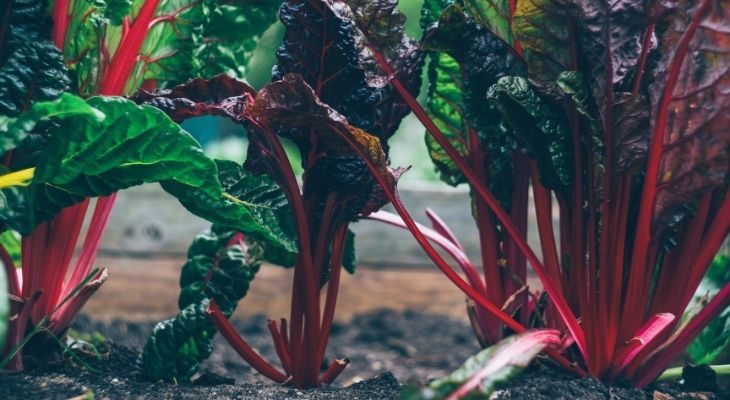The Certified Organic Industry: What’s Changing in 2020?
A surge in demand in response to COVID-19 isn’t the only thing powering Australia’s organic industry. We asked Australian Organic’s CTO Owen Gwilliam about the latest developments.
‘Organic’ became even bigger business in 2020, with produce sales increasing by as much as 50 per cent in some parts of the world on the back of the COVID-19 pandemic.
How much Australia’s industry has grown is yet to be determined, but Owen Gwilliam, Chief Technical Officer of peak industry body Australian Organic Ltd (AOL), says an increase in demand is undeniable.
“The importance of nutrition has been brought home this year,” he says. “Consumers’ awareness around wanting to reduce their intake of synthetic pesticides has increased and the easiest way to do that is to eat an organic diet.”
While COVID-19 might be 2020’s biggest story, it isn’t the only one. To coincide with Australian Organic Awareness Month, we asked Owen about some key changes in the pipeline for the organic industry.
Q: There’s no regulation in Australia regarding use of the word ‘organic’. Will this change soon?
A: Working to develop a pathway to change this has been AOL’s focus this year. While Australian manufacturers and producers can’t place an organic certification on a product without being certified, they can call themselves ‘organic’ without being truly organic. It not only means Australian consumers aren’t fully protected, the domestic industry isn’t a level playing field. There’s still work to do but we’ve received the support of the National Farmers’ Federation and the Department of Agriculture, Water and Environment around our proposal that the National Standard for organic produce should be enforced domestically. Achieving domestic regulation for the use of the word organic in the near future is looking very promising.
Q: What will that mean for the relevance of organic certification?
A: With domestic regulation just around the corner, there are so many reasons to consider certification. For one, significant markets insist on it; if you want market access, it’s essential.
Q: New rules and regulations are on the horizon for Australia’s organic export market, too. How will they help exporters?
A: We expect the new rules to come into force sometime next year. Essentially, they improve and clarify some of the requirements around exporting produce from Australia, which will help to address some of the challenges and costs our industry has faced in this space. It also aligns particularly well with our campaign for domestic regulation, which in itself will help increase export opportunities for Australian businesses.
Q: Will any specific sectors benefit most from the new export rules?
A: Organic cosmetic brands looking to export will be pleased to know they’ll be excluded from the new Export Rules. Australia’s National Standard isn’t particularly practical or useful for cosmetic manufacturers because it’s written for food producers, but if brands want to export they have to adhere to it. The trouble is many buyers in larger overseas markets require certification to more well-recognised, privately established cosmetic standards, such as NATRUE or COSMOS, and those programs have very different requirements, so it’s hard to satisfy them both. Removing cosmetics from Australia’s new Export Rules will solve this.
Q: Following Brexit, what’s being done to allow Australia’s organic producers to continue trading in the UK?
A: If you’re an Australian producer and you export to the UK, rest assured AOL is working with the Federal Government to ensure ongoing market access. Watch this space.
-
Get your FREE ticket
- REGISTER FOR FREE
